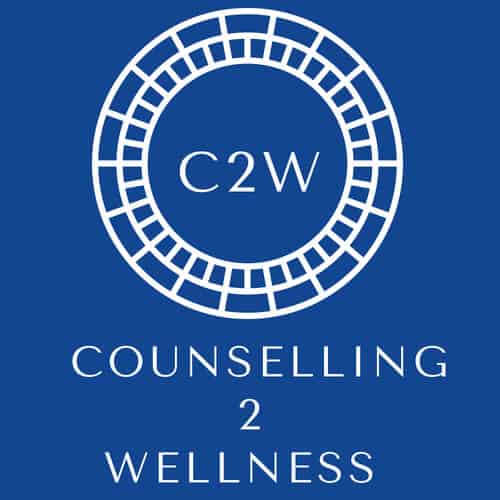Chaotic Childhood
Chaotic Childhood: Understanding and Healing from the Impact
Are you grappling with the lingering effects of a tumultuous upbringing? Chaotic childhood experiences can leave a profound mark on your emotional well-being, relationships, and sense of self. If you find yourself resonating with the following questions, it may be time to explore how these experiences continue to shape your life:
Are You Experiencing:
- Tension with Your Family: Struggling to navigate familial relationships marked by tension and conflict?
- Ongoing Hostility: Did you grow up in an environment where fighting and hostility were constants, creating a backdrop of turmoil?
- Emotional Turmoil: Do your emotions often feel like they are in constant flux, swinging between extremes and leaving you feeling overwhelmed?
- Difficulty in Relationships: Establishing and maintaining stable and healthy relationships feels like a challenge?
- Engaging in Destructive Behaviors: Do you resort to self-harm, entertain suicidal thoughts, or lean on substance abuse as ways to cope?
- Self-Worth Struggles: Is your self-worth frequently questioned, leaving you feeling unworthy of love and acceptance?
Longing for Security: Despite your longing for security and connection, do you often find yourself feeling isolated and lonely?
The Impact of Chaotic Childhood:
Developmental psychologists highlight the significance of attachment, the early relationship between a child and their primary caregiver. This bond lays the foundation for a child’s perception of the world. Growing up in an environment of chaos and conflict can lead to confusing messages about safety, stability, and connection. Consequently, these children may become young adults who struggle with self-validation and experience sudden emotional intensities. Some may replicate their upbringing in their friendships and romantic relationships, while others might avoid closeness due to fears of instability.
Healing Through Dialectical Behavior Therapy (DBT):
Dialectical Behavior Therapy (DBT) offers a path to healing from the wounds of a chaotic childhood. It is a comprehensive therapeutic approach that encompasses the following principles:
- Support-Focused: DBT encourages you to tap into your strengths, helping you reexamine your life and its challenges from a position of empowerment.
- Cognitive-Based: This therapy aids in identifying thoughts, assumptions, and notions that contribute to difficulties in your life. By recognizing these patterns, you can work towards changing them.
- Collaborative Engagement: Throughout the DBT process, there is an ongoing collaboration between you and your therapist. Together, you build core skills in interpersonal effectiveness, mindfulness, distress tolerance, and balanced thinking.
- Skill Development: These skills are nurtured through role-playing, homework assignments, and self-soothing exercises. Regular practice is vital for learning, applying, and mastering the DBT skills.
If you’re seeking a way to untangle the impact of a chaotic childhood, Dialectical Behavior Therapy can provide the tools and guidance you need. By embracing support, exploring cognitive patterns, and developing practical skills, you can work towards healing and building a more stable and fulfilling future.
The journey from chaotic childhood to emotional stability and self-discovery is one worth embarking upon. If you’re ready to reclaim your emotional well-being and regain control over your life, Dialectical Behavior Therapy offers a transformative path forward. Connect with us to learn more about how DBT can be tailored to your unique journey of healing and growth.
